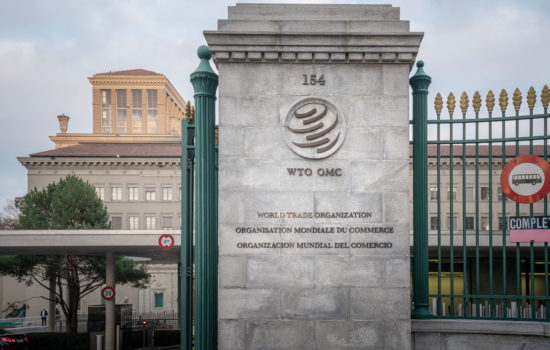
Why waiving intellectual property rights for Covid vaccines is wrong
The UK, EU and other allies should speak out against the badly thought out proposal before the WTO.
Philip founded Geneva Network in 2015. His main research interests are the intersection of intellectual property, trade, and health policy. Formerly he was an official at the World Intellectual Property Organization (WIPO) in Geneva, where he worked in its Global Challenges Division on a range of IP and health issues. Prior to his time with WIPO, Philip worked as director of policy for International Policy Network, a UK-based think tank, as well as holding research positions with the Adam Smith Institute and Reform, both in London. He has also worked as a political risk consultant and a management consultant. He is a regular columnist in a wide range of international newspapers and has published a number of academic studies. He holds degrees from the London School of Economics and Durham University (UK). He is also a Senior Fellow at the Institute for Democracy and Economic Affairs, Malaysia.

The UK, EU and other allies should speak out against the badly thought out proposal before the WTO.
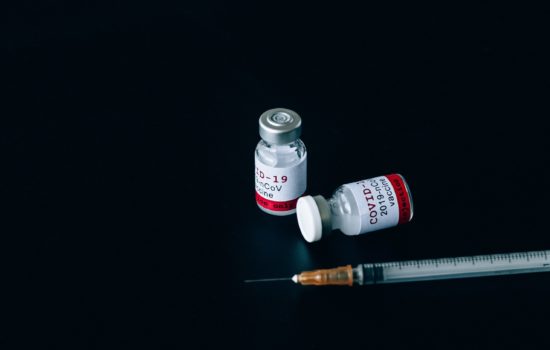
The intellectual property system has continually confounded its critics in the Covid crisis, providing a framework for vaccine innovation and rapid manufacturing scale-up.

The IP system has been crucial in underpinning the research, development and manufacture of vaccines and therapeutics for COVID-19, proving critics of IP wrong at every step of this crisis.
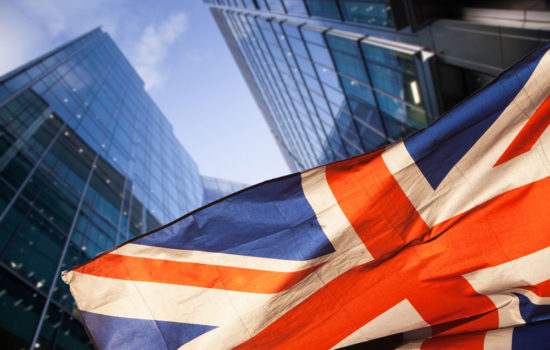
As the UK develops its trade policy outside of the EU, it would be a mistake to base its future approach on the one it inherits from the EU.

With its human resources, connected location and economic reform ambitions, Saudi Arabia could yet emerge from the Covid crisis as a global competitor in knowledge-based industries.
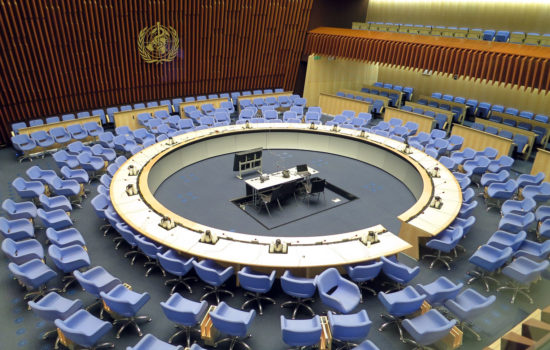
The WHO has a crucial role in coordinating the global response to pandemics and health emergencies, but this important work is undermined by strategic incoherence and an ideological approach to policymaking.
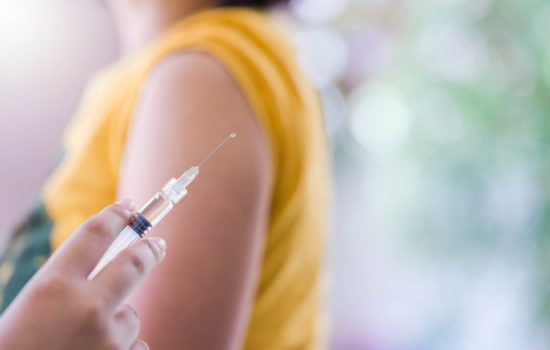
The biggest Covid-related killer might not be the coronavirus. In many countries, disruption to regular immunization programmes means that easily preventable but potentially fatal diseases such as measles, diphtheria and polio are regaining a foothold.
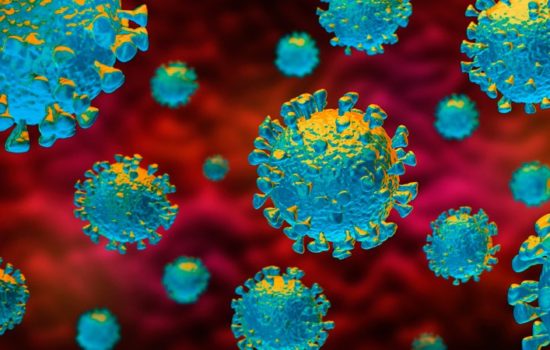
La demanda sin precedentes por parte de hospitales que están almacenando medicamentos básicos ha causado escasez y aumento de precios a nivel mundial.

Traditional rivals within the life sciences industry have pledged to cooperate by sharing data, patent libraries, and, if necessary, manufacturing capacity.